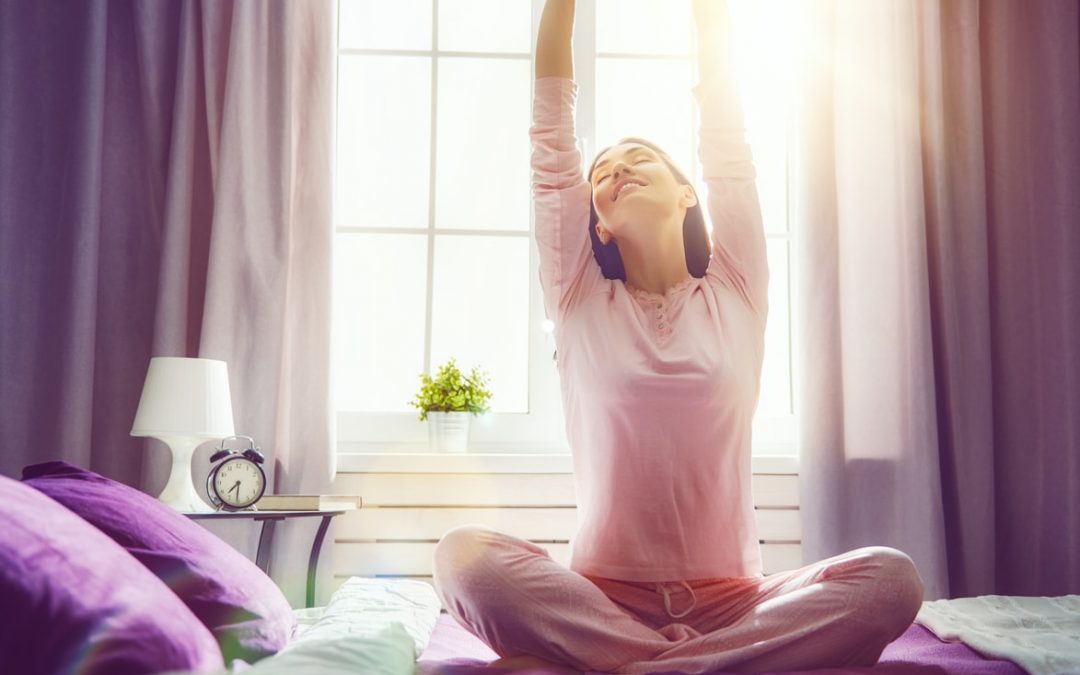Day Light Savings: “Falling Back”
In Autumn, everyone looks forward to claiming an extra hour of sleep. Neurologist and sleep expert Tina Waters, MD, states that you do not need to adjust your schedule for this time change. You can go to bed and wake up at the same time. “Yes, it’ll be an hour later, but you’ll gain that hour of sleep,” she claims. “That’s beneficial for most people.”
Maximize the Benefits
Many people in the United States are sleep deprived, so this time change is a great opportunity to improve your sleep routine. Here are some tips from the Cleveland Clinic on how to maximize the benefits of “falling back” and sleep better this season!
- Raising your body’s core temperature can make it harder to fall asleep, so avoid heavy workouts within 4 hours of going to bed. If you take a shower before bed, take a warm, not hot, shower at least an hour before bed.
- Get in the habit of slowing your body down at night. You don’t need to do things in a specific order, but having a relaxing evening can help your body and mind prepare for sleep. Try dimming the lights, turning off the television and putting away electronics thirty minutes before going to bed. Electronics’ high-intensity light stimulates your brain and makes sleep difficult and restless. Instead, you could read a non-suspenseful book or work on a craft.
- Avoid long naps turning the day. This may be tempting, but it could lead to a restless night. You won’t be as tired as you would have been without a long nap, making it difficult to fall or stay asleep.
Why Sleep Is Important
Getting a good night’s sleep has many benefits, including:
- Lower stress levels.
- Improved immune system and lower risk of serious health problems, such as heart disease, diabetes and obesity.
- Emotional regulation and improved overall mood.
- Improved focus, attention to detail and ability to problem solve.
- Increased levels of creativity.
Click here for more information!



